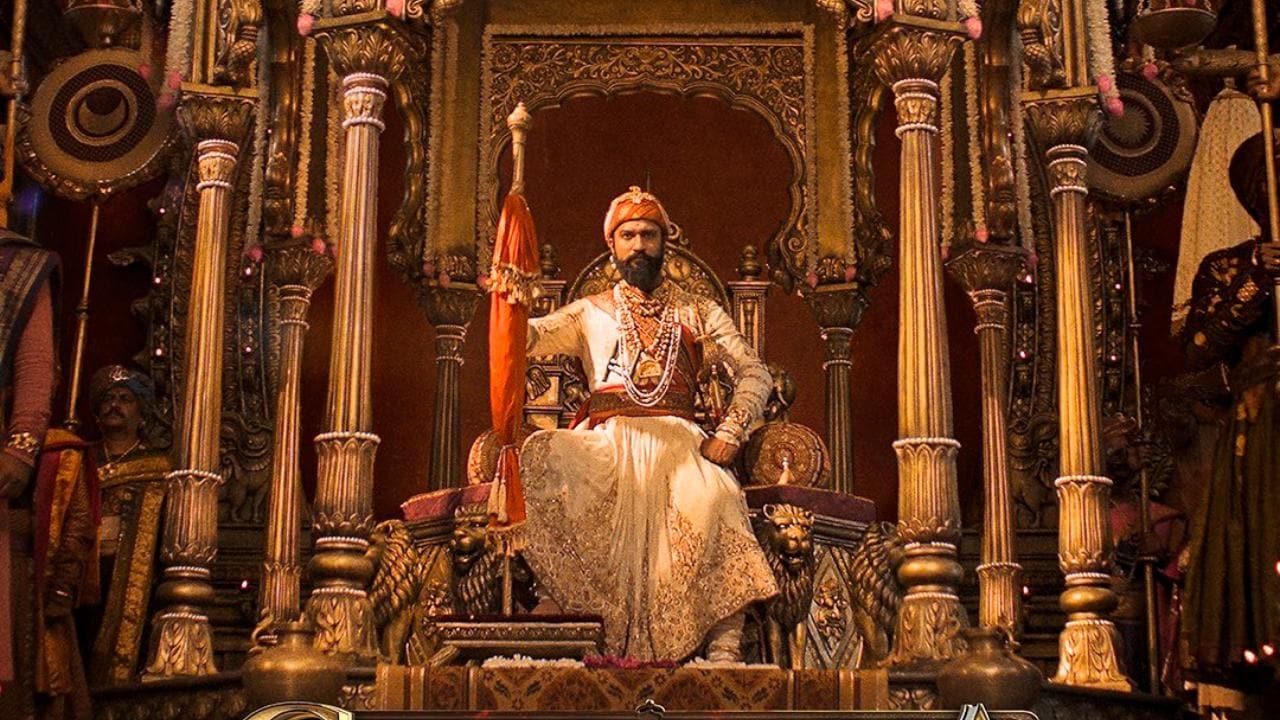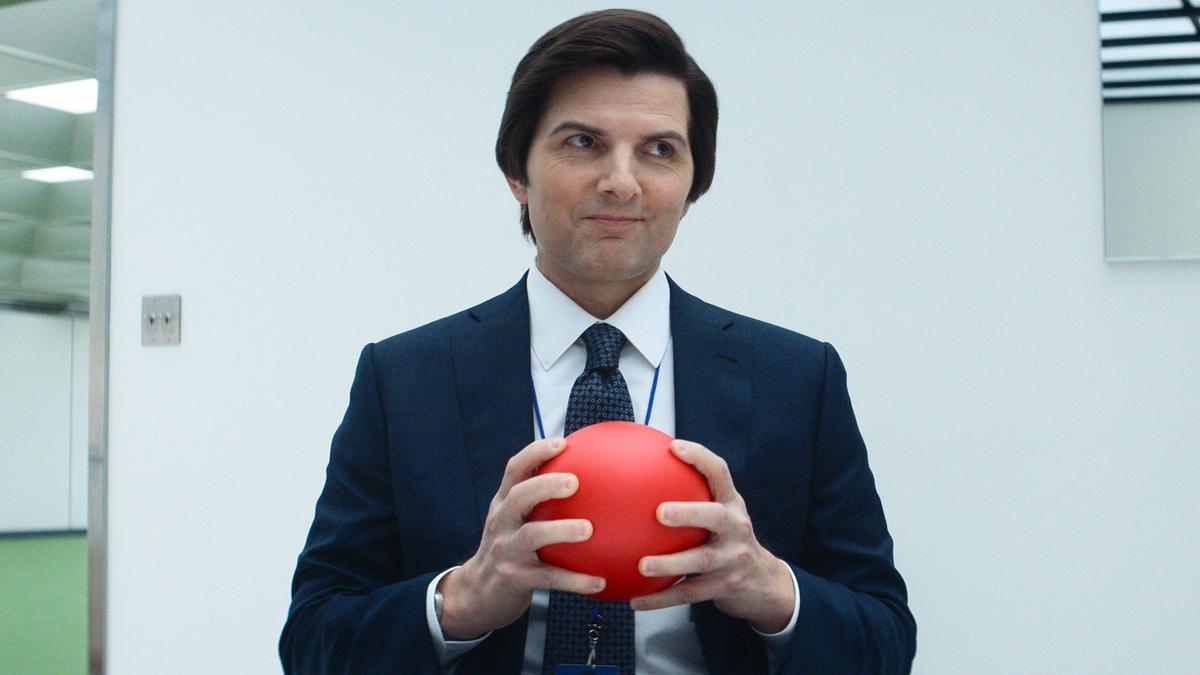
Cinematic experiences are often colored by the expectations set by past triumphs. The collaborative force between Director Guruprasad and actor Jaggesh had once marked a celebrated era in Kannada cinema with critically acclaimed hits such as “Mata” (2006) and “Eddelu Manjunatha” (2009). This time, however, with the film “Ranganayaka,” anticipation fizzles out into disappointment, the spark that previously ignited screens now barely a flicker. It seems Director Guruprasad, who self-identifies as a hathasha prekshaka—a disappointed or frustrated audience member himself—has turned the lens inward, but with less than stellar results.
The director is known for voicing his dissatisfaction with subpar film offerings through his work, hoping to redefine what constitutes authentic cinema in the landscape of Kannada films. Unfortunately, “Ranganayaka” appears to mirror the very essence of his personal discontent, breeding a creation that may ironically place Guruprasad himself among the ranks of the despondent audience it ultimately serves.
Within the fabric of “Ranganayaka,” there lies a gem of a central concept, not yet explored within the Kannada film spectrum. The film introduces Guruprasad portraying himself—a filmmaker whose blunt disposition makes him an ideal spectacle for TV channels seeking rating boosts through controversy. The premise is promising, kicking off with an invitation to a TV show known for hypnotizing its guests to unveil their hidden layers—a thrilling proposition. Yet, the actual execution foregoes the potential of deep-seated intrigue in favor of the director’s self-indulgent airing of grievances on life and cinema. In the display of on-screen ego stroking, the filmmaker’s monologues leave little novelty for those already familiar with his real-life pre-release discourse.
The narrative regains some footing as Guruprasad, under hypnosis in the film, recounts a past life as Padmanabha Sharma. Enraptured by the advent of moving pictures thanks to the Lumière brothers’ groundbreaking achievement, Padmanabha dreams of creating the first-ever motion picture in Kannada—preluding the historical “Sati Sulochana” from 1934. But here, “Ranganayaka” stumbles; it fails to compellingly traverse the past. Acknowledging the legendary filmmaker Puttanna Kanagal, it glosses over the rich tapestry of trials and milestones that must have colored the era of nascent filmmaking. Gone is Guruprasad’s earlier fervor for cinematic liberties that could have crafted an engaging window into a world erstwhile unseen.
Instead, the subplot where Padmanabha, played by Jaggesh, embarks on his celluloid journey in a film titled “Ranganayaka,” descends into a sequence of crass jokes, frittering away its historical significance. Despite Guruprasad’s reputation for crafting darkly humorous and peculiar characters with meaning and background, this film feels lost—its characters adrift without reason or roots.
There is a brief respite where the indulgence in the characters’ hijinks evokes transient amusement. Moments sparkle where Guruprasad and Jaggesh act with reckless abandon akin to batsmen in a cricket match with a seemingly insurmountable goal. It’s a period of mindless fun, yet, as viewers, we are left yearning for a more substantive vessel for their talents.
Intertwined with the filmic narrative is a grave plea from Guruprasad—to rally support for the Kannada film industry against the looming shadow of its competition. Despite an earnest message, the film’s impact falls short of mustering the empathy it seeks to evoke. In a sorrowful twist, “Ranganayaka” assumes a mantle of gravity towards its conclusion—as if unaware that its contents scarcely warrant such seriousness.
“Ranganayaka” is out now, playing on screens to an audience that may have hoped for more from the high-stakes duo of Guruprasad and Jaggesh. Yet, in the ebbing light of the projector, what remains is the silhouette of what could have been—a stirring odyssey into historical cinema—that, sadly, was not to be.










